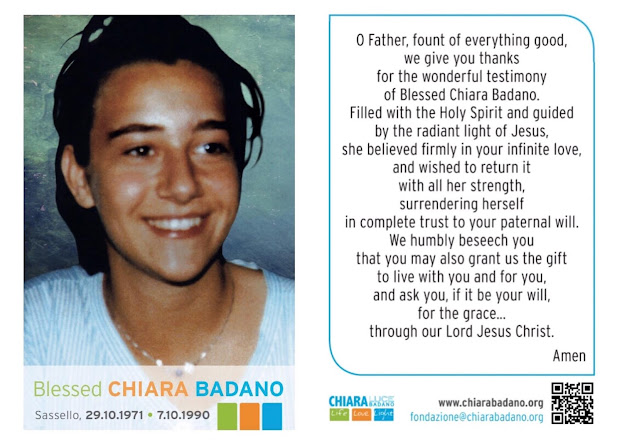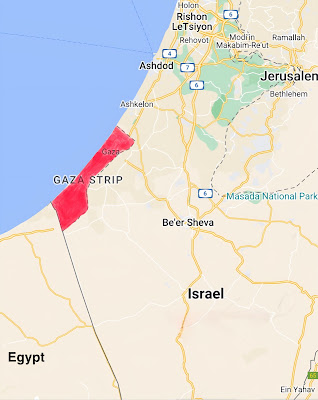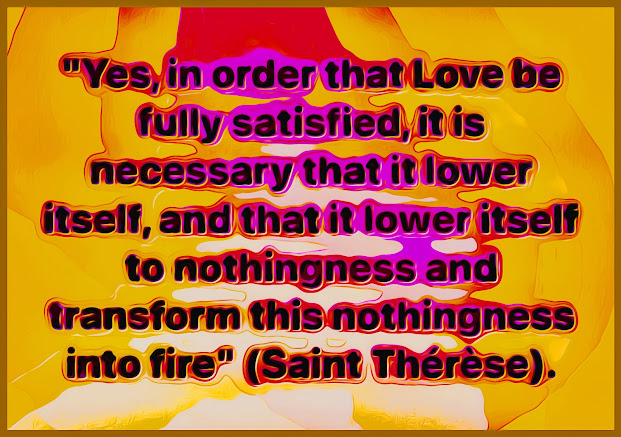This month of October 2023 has been full of events—both foreseen and unforeseen—that have summoned Pope Francis to continue meeting his enormous pastoral responsibilities as Successor of Saint Peter with great love and courage.
On Sunday, the month-long gathering for Part 1 of the Synod of Bishops was concluded harmoniously and in an atmosphere of fraternal charity. One should recognize the fact that the private nature of the deliberations—and the counsel given to participants not to engage with journalists in individual, day-by-day assessments of the Synod’s work—were intended to help to facilitate an open and frank dialogue within the Synod’s sessions. The Synod needed a communal environment that was free from the distractions and pressures of over-politicized small partisan interest groups whose hopes (or fears) about this or that particular issue tend to dominate press coverage and social media chatter. To accept the need for this privacy was not a capitulation to a lack of transparency, but a gesture of trust in the Holy Spirit to guide the delegates gathered together in the Synod, so that they might grow in faith and love, and engage in prayerful discernment the contributions and concerns expressed by countless people over the past year within the context of local Christian communities. All the questions, listening, dialogue, and discernment are in the service of a deepening of mature faith and a more ardent missionary openness among the whole of the People of God.
We must always remember that Jesus Christ is the Head of the Church and that He will not lead her astray. Living the Church in a “synodol” way in the 21st century is a daunting but essential task that needs to grow with time in order to allow the truth of the Gospel to shine more brightly and be perceived as truly incarnate in the unprecedentedly vast array of diverse cultures and histories of all the peoples in the now 1.3 billion member Catholic Church throughout the world. For this meeting to be fruitful, it was necessary for everyone to listen and contribute in an orderly way to an experience of “walking together” toward Christ and discerning the voice of the Holy Spirit. It was a matter of recognizing that we share the same faith within a variety of human and personal differences, religious “styles” and cultural forms.
It was also a matter of making space to encounter people with difficulties and particular problems in their relationship with the Church. This is not easy or comfortable, but here again we need to remember the One to whom we belong. We need not fear listening to anyone, because the Lord is present with His Church, and His mercy will empower us to discern what people are saying from their hearts, what they want to offer, what are their struggles and sufferings, what we share and how we can journey together, how we can accompany them, and guide them to discover more fully the light of the Gospel, and how we can co-suffer with them and enter more profoundly into the freedom of the healing, forgiving, and transforming love of Jesus — the Word made flesh who knows all our wounds from within, and encompasses all our sufferings in His own inexhaustible Crucified Love.
The “miracle” of a deeply faithful Catholic people witnessing the Gospel of Christ’s salvation with a conviction that comes from their own hearts (with its accompanying joy), and living out that conviction in all the environments of this enormous world with the love that comes from God and reaches out with unquenchable ardor and the Spirit’s power to make us “all things to all people” — this is a Church that “walks together,” not only because we can “help one another” but because our identity consists in being one body in Christ. We are Christ’s Church, and we must be faithful to our vocation in Him. As the Second Vatican Council teaches, “the Church is in Christ like a sacrament or as a sign and instrument both of a very closely knit union with God and of the unity of the whole human race” (Lumen Gentium 1). We must pray to remember who we are, and to remain with Jesus in all times and circumstances, in whatever challenges and trials we face in today’s world.
The Synods of October 2023 and 2024 will be blessed even if they don’t go “smoothly,” even if some methods and procedures are found inadequate, or are improved upon or changed in the future. We must, of course, pray for all these gifts that God wants to give us to meet the particularly intense drama and the urgency of our time; we pray with trust because we know the greatness of God’s love for us, and thus also for our neighbors, for everyone. The effort of the Synod itself is already prayer that seeks to know how the Lord wants to use us, His sons and daughters, in countless ways for serving His burning Heart’s desire to light fires in every human heart.
********************************************************
Beyond all these challenges, the Pope is being called to stand firm yet again in the face of the latest flare-up of the longstanding violence between Israel and Palestine, and violence and death all over the world. On Friday, the Pope consecrated the whole world to the Immaculate Heart of Mary. Once again he has appealed to the tenderness of the Mother of Jesus. We must all join in (some excerpts below) to pray for these terrible wars to end, for those who are being dehumanized by the violence they perpetrate, and for all who suffer…
Excerpts from Pope Francis’s Prayer to Mary at the conclusion of last Friday’s “Day of Prayer and Fasting for Peace”:
“Mary, look at us! We stand here before you. You are our Mother, and you know our struggles and our hurts. Queen of Peace, you suffer with us and for us, as you see so many of your children suffering from the conflicts and wars that are tearing our world apart…. Turn your eyes of mercy towards our human family, which has strayed from the path of peace, preferred Cain to Abel and lost the ability to see each other as brothers and sisters dwelling in a common home. Intercede for our world, in such turmoil and great danger. Teach us to cherish and care for life – each and every human life! – and to repudiate the folly of war, which sows death and eliminates the future.
Mary, how many times have you come, urging prayer and repentance. Yet, caught up in our own needs and distracted by the things of this world, we have turned a deaf ear to your appeal. In your love for us, you never abandon us, Mother. Lead us by the hand. Lead us by the hand and bring us to conversion; help us once again to put God first. Help us to preserve unity in the Church and to be artisans of communion in our world. Make us realize once more the importance of the role we play; strengthen our sense of responsibility for the cause of peace as men and women called to pray, worship, intercede and make reparation for the whole human race.
“By ourselves, Mother, we cannot succeed; without your Son, we can do nothing. But you bring us back to Jesus, who is our Peace. Therefore, Mother of God and our Mother, we come before you and we seek refuge in your Immaculate Heart. Mother of mercy, we appeal for mercy! Queen of Peace, we appeal for peace! Touch the hearts of those imprisoned by hatred; convert those who fuel and foment conflict. Dry the tears of children – at this hour, so many are weeping! – be present to those who are elderly and alone; strengthen the wounded and the sick; protect those forced to leave their lands and their loved ones; console the crestfallen; awaken new hope.
“To you we entrust and consecrate our lives and every fibre of our being, all that we possess and all that we are, forever. To you we consecrate the Church, so that in her witness to the love of Jesus before the world, she may be a sign of harmony and an instrument of peace. To you we consecrate our world, to you we consecrate especially those countries and regions at war.”























